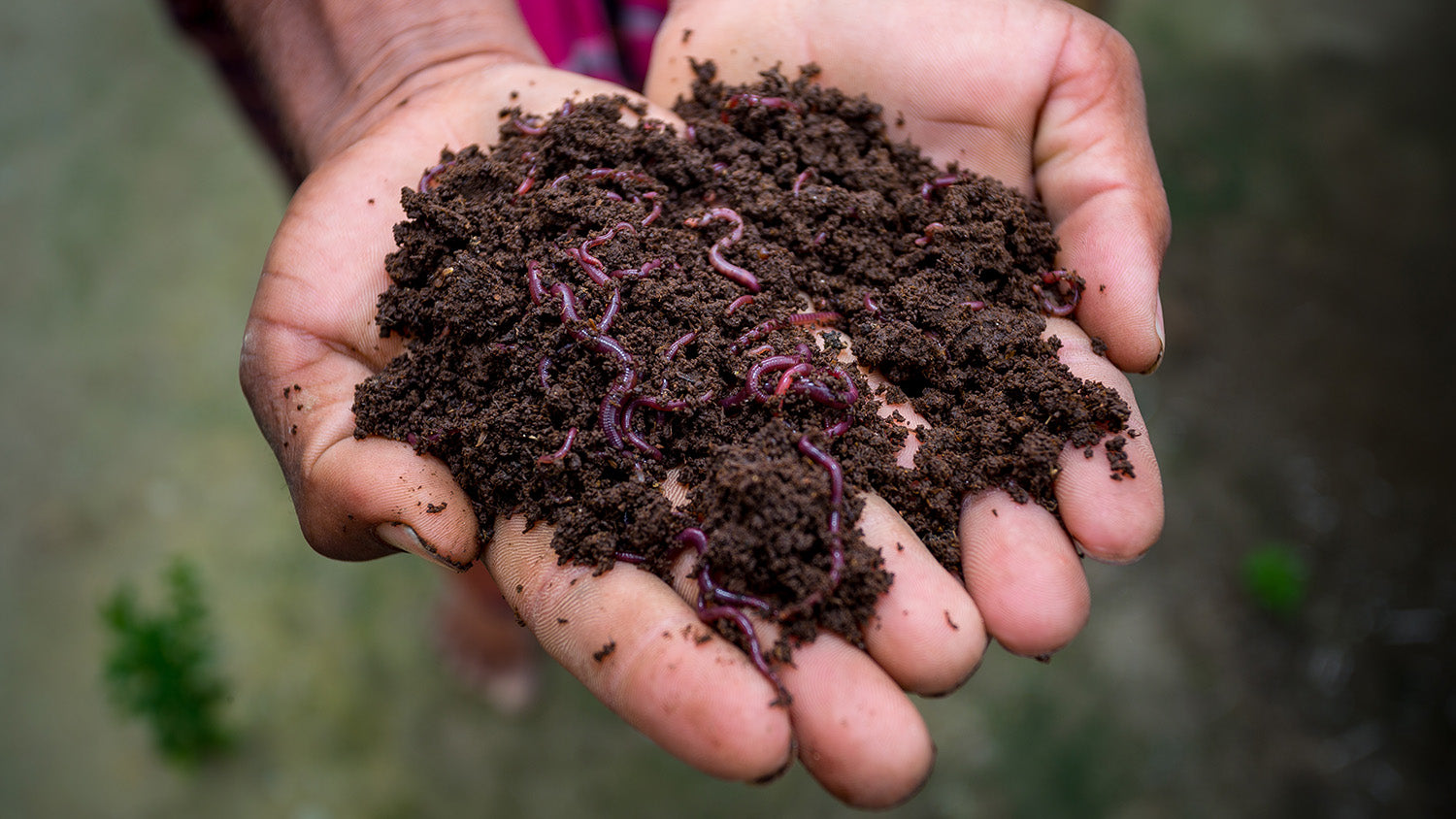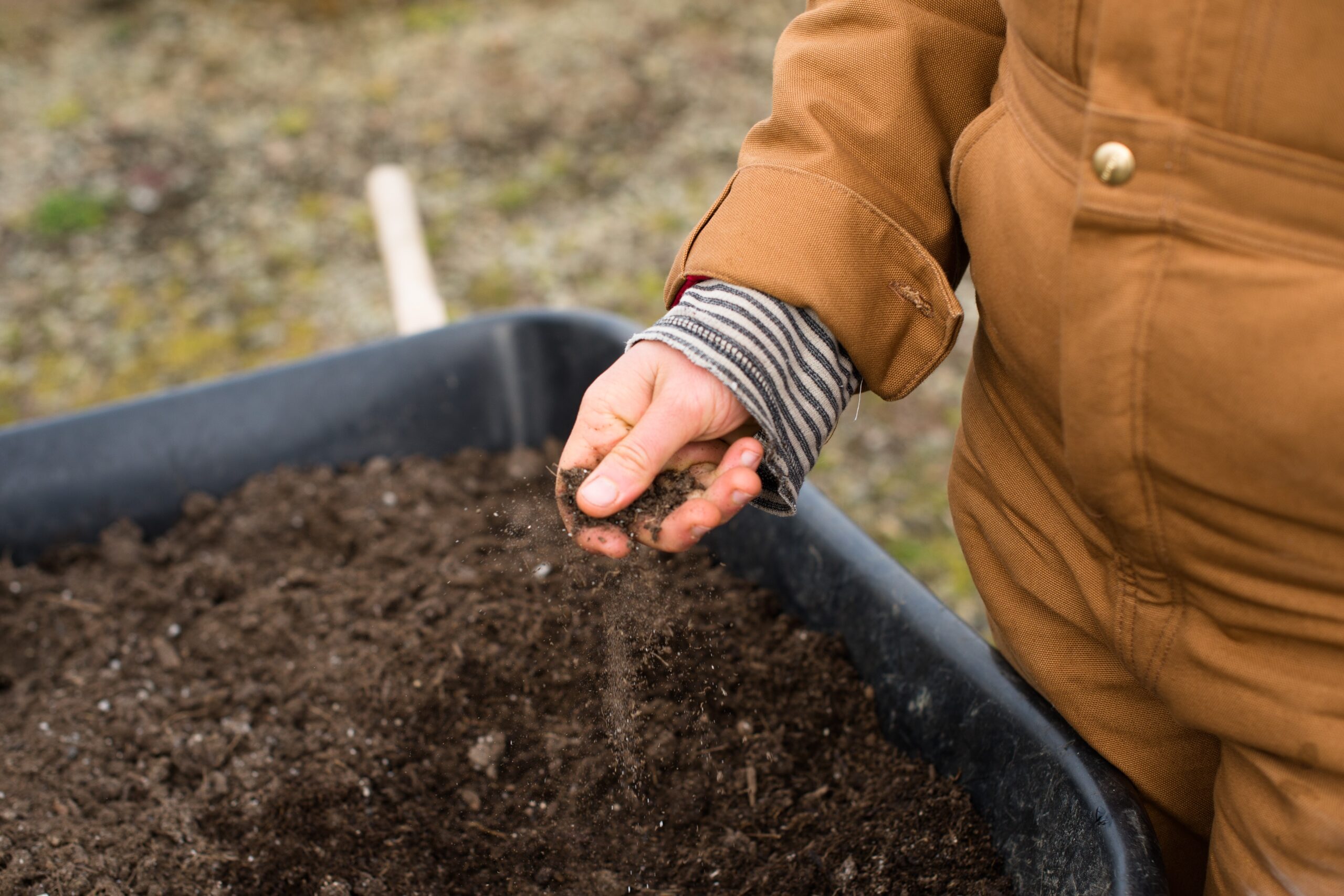Getting My Red Wiggler Express To Work
Getting My Red Wiggler Express To Work
Blog Article
Getting My Red Wiggler Express To Work
Table of ContentsThe smart Trick of Red Wiggler Express That Nobody is Talking AboutA Biased View of Red Wiggler ExpressSee This Report about Red Wiggler Express3 Simple Techniques For Red Wiggler ExpressNot known Details About Red Wiggler Express

If you're at all in song to the agricultural information of late, you're well mindful that dirt health and wellness is in decline all over the globe a problem that is having a disastrous influence on our food systems. The response to this global issue? Worms.
Some start vermicomposting as a pastime and range up, whereas others have the objective right from the start to create a profit-making service. They may be farmers, neighborhood garden volunteers, entrepreneurs, landscaping companies, greenhouse farmers, or staff at establishments that generate food waste.
Examine This Report about Red Wiggler Express
Among the most common reasons for venturing into industrial vermicomposting is the need to recycle organic waste into products that enhance soil and plant health. Soil wellness has lately ended up being an important international concern. The United Nations Food and Agriculture Organization declared 2015 the International Year of Soils to enhance understanding of soil's duty in food protection and healthy environment feature.

In the inside of a garbage dump, organic products break down in an anaerobic setting and launch methane, a greenhouse gas that is 25 times a lot more powerful than carbon dioxide (Composting). A far better option to landfilling food waste and various other organic materials is to vermicompost them. What was once taken into consideration waste can be transformed into valuable products that nourish dirts and plants
The Ultimate Guide To Red Wiggler Express
For the past 25 years in dozens of records, publication chapters, and meetings, I have actually referred to the ended up product of vermicomposting as vermicompost. This term is often utilized to identify the mix of earthworm castings (feces) and uneaten bed linen and feedstock (natural product) that is gathered from worm beds.
After considerable idea, I made a decision to make use of the term vermicast throughout this publication, for 2 crucial factors. One is since lots of people utilize the terms compost and vermicompost interchangeably, not recognizing that the end item of vermicomposting is qualitatively different from garden compost. I think it would benefit the vermicomposting sector to distance itself from the term compost in referring to its products.
Composting is the controlled procedure of converting natural products into a beneficial dirt amendment under cardio conditions making use of naturally created warm. On the other hand, a vermicomposting stack or worm bin ought to be maintained to ensure that it does not warm up. In a compost heap the kinds and quantities of varieties of microbes alter when the stack gets to thermophilic temperatures of 106F (41C) or higher.
Some Of Red Wiggler Express
The bottom line defining the distinction in between compost and vermicast, though, (https://sitereport.netcraft.com/?url=https://redwigglerexpress.com) is that the latter has actually passed through earthworms. Thus, vermicomposting is more comparable to animals production than to composting; it needs animal husbandry skills to properly take care of the worms. A 2nd reason to utilize the term vermicast is to prevent product labeling that can be puzzling to consumers.
Imaginative Commons. Worm spreading is the last product of worm digestion and can be merely referred to as worm manure. It is rich in raw material and helpful microbes that create and help your garden. Research conducted by Teacher Arancon from the College of Hawaii at Hilo has shown that making use of earthworm dirt changes raises the growth, blooming, and return of plants such as bell peppers, strawberries, and grapes.
Lasting gardening is exercised when no-cost or low-priced changes such as the use of worm casting from vermicomposting is integrated. Collected organic matter in vermicompost containers. Picture by Maggie Chen. Worms play this essential role in the vermicomposting procedure and likewise in minimizing the effects of climate adjustment. Land fill gas (LFG) is given off as a natural by-product of organic material disintegration, such as food waste decomposing in land fills.
In the past two hundred years after the Industrial Revolution, methane concentrations within the environment have more than increased due in huge component to anthropogenic human-related activities (Pets). Around half of LFG launched from garbage dumps is co2 and the rest is a little percent of non-methane natural compounds. Methane is a powerful greenhouse gas that stays in the environment for a much shorter time in contrast to carbon dioxide however both are launched in the environment in big amounts from varying sources among which is natural product decomposition from land fills
Red Wiggler Express Fundamentals Explained

Exists a food waste or vermicomposting system on your neighborhood university? It is seen that durable and impactful actions on a system wide scale can begin with a solitary small worm. Worms might be traditionally connected with this gory and scary season, but when taking into consideration the interconnected impact of the vermicomposting procedure (on improving dirt wellness and plant development in your yard, reduce climate adjustment, and empowering students) give some gratitude to the plentiful benefits that worms provide.
Report this page